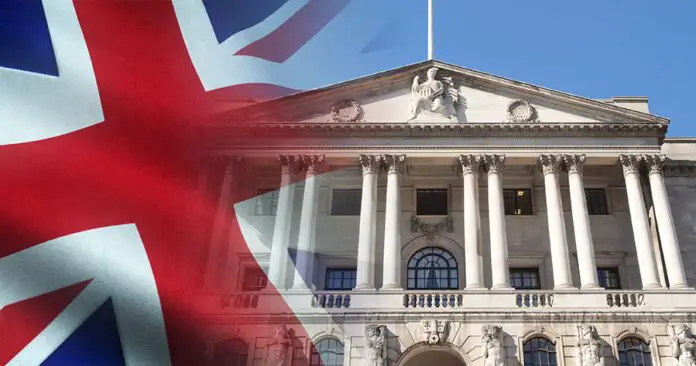Staff Reporter
In a move aimed at revitalizing the UK’s sluggish economy, the Bank of England (BOE) has reduced its base interest rate by 25 basis points, bringing it down to 4.5% from 4.75%. This marks the third rate cut since the onset of the COVID-19 pandemic in 2020.
The decision, made unanimously by BOE officials, comes after a previous vote in December where policymakers opted to maintain the rate. Despite the reduction, inflation pressures continue to loom large over the economy.
Since mid-2024, the UK economy has shown minimal growth, and recent tax increases for employers announced by Finance Minister Rachel Reeves may further complicate the economic landscape.
This latest interest rate cut reflects the BOE’s ongoing efforts to support the economy in the face of rising challenges.
Governor Andrew Bailey and his team at the Bank of England (BoE) are navigating a challenging landscape as inflationary pressures remain robust. In December, inflation was recorded at 2.5%, significantly above the BoE’s target of 2%. Rising domestic fuel costs are expected to further drive consumer prices up in the coming months.
Market analysts anticipate at least three quarter-point rate cuts by the end of 2025. Bailey is expected to maintain a cautious, data-driven approach to future monetary policy decisions.
Analysts from Bank of America Securities noted, “We expect wage growth to slow to approximately 4.0% in 2025. A gradual easing in the labor market and wage growth would align with a steady path of quarterly rate cuts by the BoE.”

